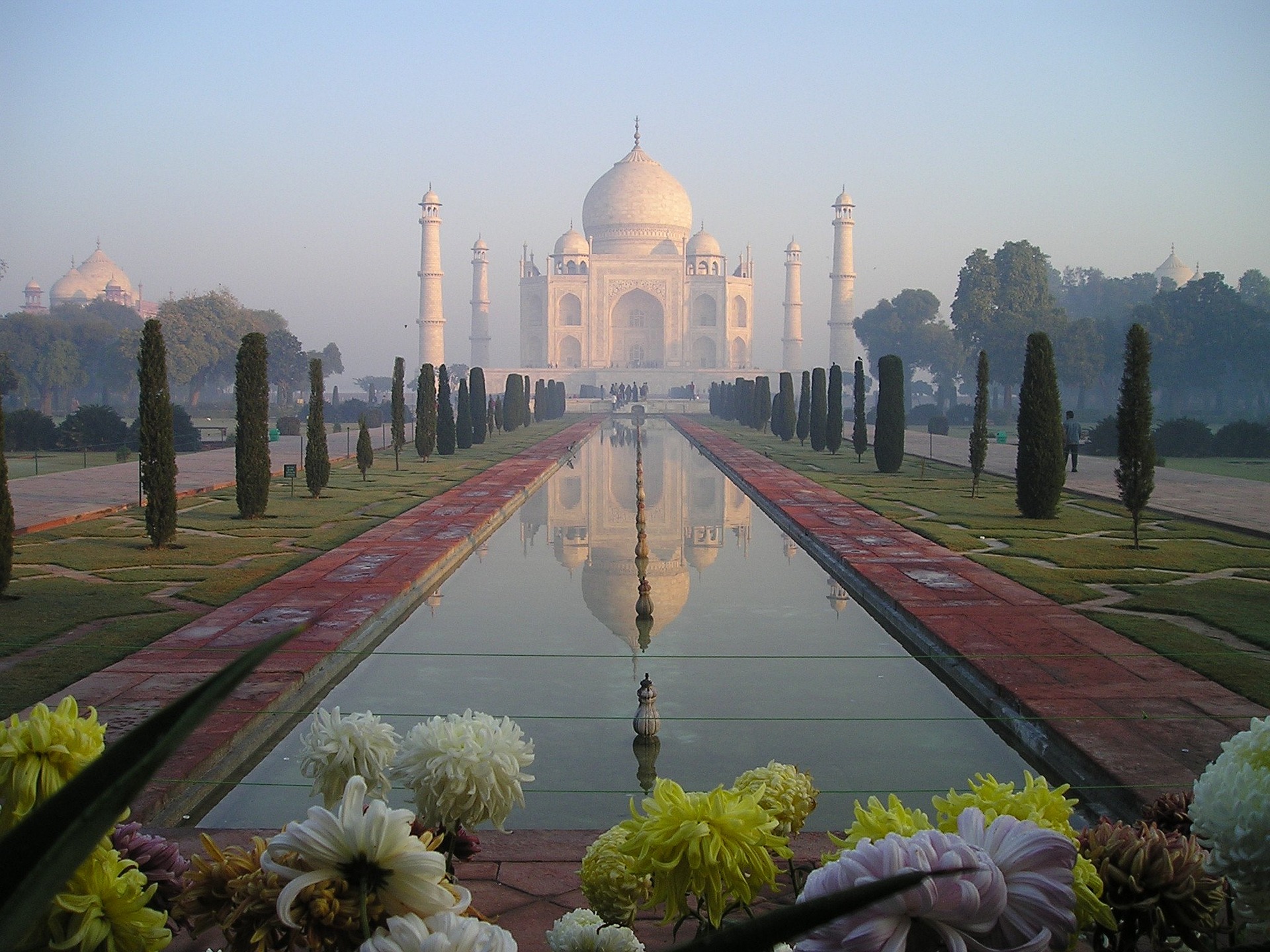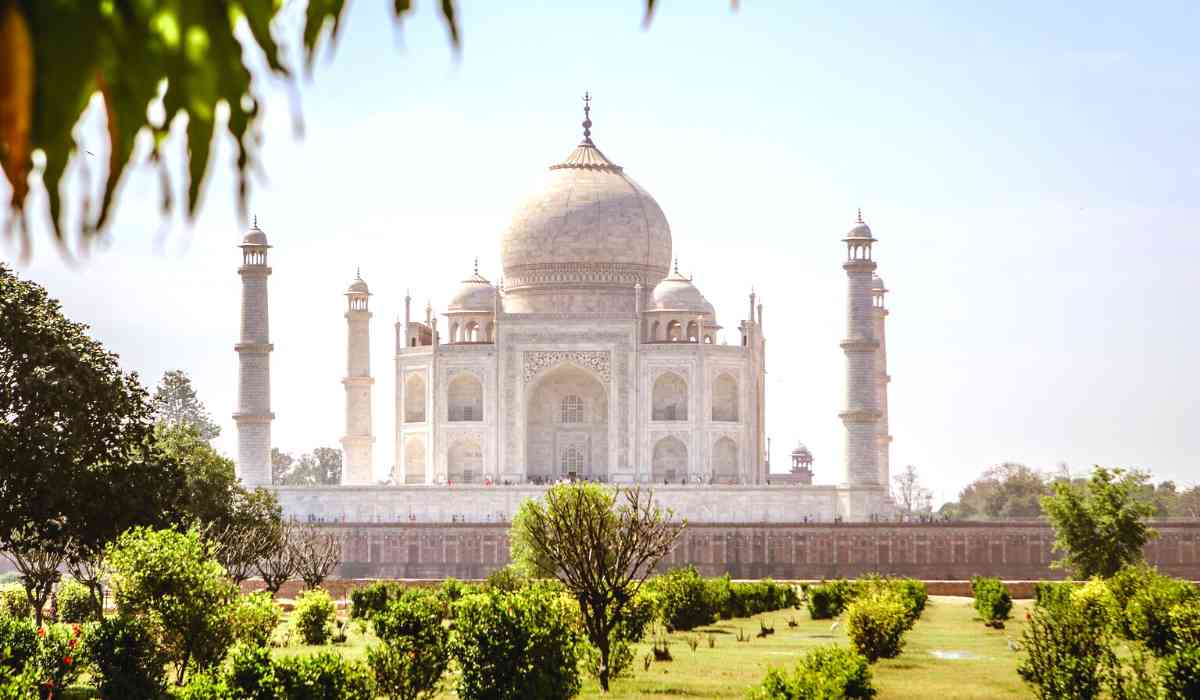The Taj Mahal, one of India's most iconic and beloved landmarks, has been asked to pay property and water taxes by the Uttar Pradesh government. The monument, which attracts millions of tourists each year, is considered a protected monument under the Ancient Monuments and Archaeological Sites and Remains Act of 1958.

However, the state government has argued that the Taj Mahal is a commercial property and should therefore be subject to the same taxes as any other property. The authorities have also pointed out that the monument has its own water supply and sewage treatment facilities, which are also subject to taxes.
The decision to impose these taxes has been met with widespread criticism from both the public and the tourism industry. Many argue that the taxes will discourage tourists from visiting the Taj Mahal, which could have a negative impact on the local economy.
The Supreme Court of India has agreed to hear a petition challenging the decision to impose these taxes, and a ruling is expected to be made in the coming weeks. Until then, the Taj Mahal will continue to be asked to pay property and water taxes.




















